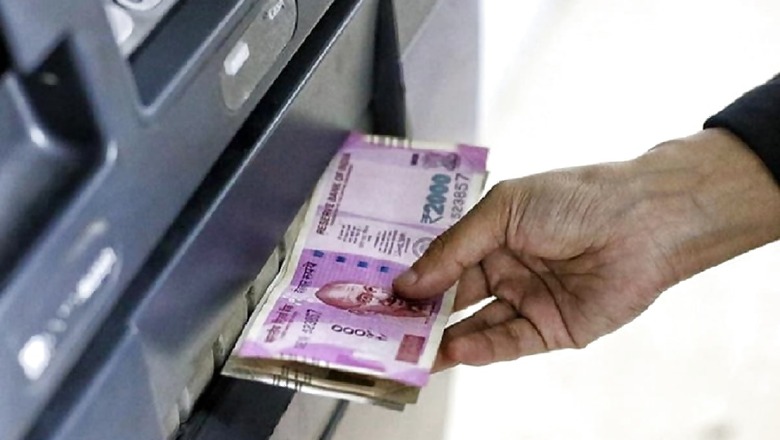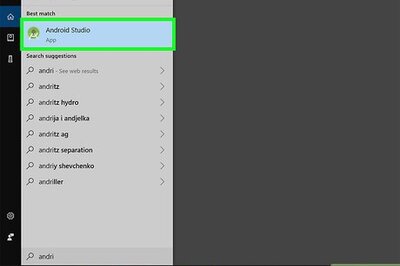
views
The Reserve Bank of India (RBI) has recently allowed banks to increase charges on automated teller machines (ATMs) to Rs 21 per transaction. The lenders can levy charges on customers within this limit, once they exhaust their free ATM withdrawals. This revised rate will be effective from January 1, 2022, the central bank said in a notification.
Customers are eligible for five free transactions every month from their own bank ATMs. This includes both financial and non-financial transactions. Beyond the limit, they have to pay an extra amount of Rs 20 for each ATM transaction. For customers using other bank ATMs for cash withdrawal are allowed three free ATM transactions in metro cities and five in non-metro centres.
The regulator has hiked the charges of ATM transactions after almost seven years. “It is also observed that the last change in interchange fee structure for ATM transactions was in August 2012, while the charges payable by customers were last revised in August 2014. A substantial time has thus elapsed since these fees were last changed,” RBI said in a notification.
In the view of increasing cost of ATM deployment and maintenance charges incurred by banks or white label ATM operators, the central bank has decided to increase the ATM transaction charges. In June 2019, RBI constituted a committee to review the entire gamut of ATM charges and fees with a particular focus on interchange structure for ATM transactions.
Considering the need to balance expectations of stakeholder entities and customer convenience, RBI has also raised interchange fee to ₹17 from ₹15 for financial transactions and ₹6 to Rs 5 for non-financial transactions. The new rates will be applicable from August 1, 2021. An interchange fee is the fee charged by banks to the merchant who processes a credit card or debit card payment. “Applicable taxes, if any, shall be additionally payable,” RBI said.
The instructions shall also apply, mutatis mutandis, to transactions done at Cash Recycler Machines (other than for cash deposit transactions). The RBI directive has been issued under Section 10(2) read with Section 18 of the Payment and Settlement Systems Act, 2007 (Act 51 of 2007), the regulator said.
State Bank of India (SBI) has recently revised the rules and charges for cash withdrawals from its ATMs and bank branches, starting from July. The new charges are applicable for Basic Savings Bank Deposit (BSBD) account holders. For BSBD account holders, there are four free cash withdrawals available — including ATMs and bank branches every month. The bank now applies a fee of Rs 15 plus GST for every transaction beyond the free limit. The charges on cash withdrawal are applicable at home branch and ATMs and non-SBI ATMs.
The bank has also increased the ceiling for cash withdrawal by customers at non-home branches. “To support our customers in this pandemic, SBI has increased the non-home cash withdrawal limits through cheque and withdrawal form,” the top lender said on Twitter.
Read all the Latest News, Breaking News and Coronavirus News here.




















Comments
0 comment